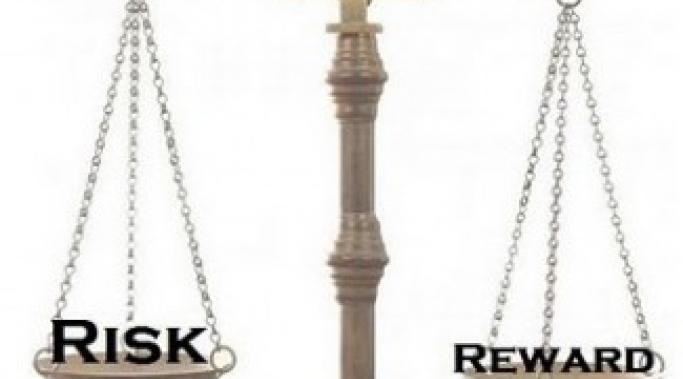Blogs
Adult attention-deficity/hyperactivity disorder (ADHD) can make boring tasks seem extra boring. We're all adults here (unless you're a kiddo - in that case, you can have boring, adult tasks to look forward to) and we all have chores that we typically do not receive any allowance money for. I never got an allowance when I was a kid and it seemed so unfair when my friends got a few dollars every week for just being their parents' kid. As adults, what do we get for completing boring, required, necessary, horrible, daily tasks? How about a gold medal?!
Sometimes the signs we find that tell us to stop self-harming are tragic. Many people see the death of a loved one or a disease stricken friend as a symbol to move forward and away from your own demons. I am at fault because the death of my brother was what made me stop my self-injurious behaviors.
His struggle was what made me realize that my cutting was not worth the physical pain he had been tortured with. He had been one of the few people I had discussed my self-harm with and knowing he had been through so much pain, not caused by himself, made me almost feel selfish.
Yes, my brother’s death was the tragic sign I needed to stop cutting. But now, looking around, I see so many other symbols that could have helped me stop.
My depression symptoms are a big part of me and I hate them (What Are the Symptoms of Depression?). Ergo, I hate a big part of me. Wait! That can't be right, can it?
Have nothing in your house that you do not know to be useful or believe to be beautiful.~William Morris
Do you feel liberated when you enter your home? Do you have things you do not use? Are all of your belongings scattered all over your house? Do you feel disorganized both inside and out?
There is always a root to a problem, and there is a root cause of low self-esteem, but without identifying why or how it got there, we don't have the tools to overcome low self-esteem for good. Knowing what negative thoughts are ingrained in your mind and otherwise identifying where low self-esteem came from will help you to better help yourself. So let's discuss the root cause of your low self-esteem so you can do something about it.
First of all, I want to welcome my co-blogger and fellow "accidental mental health advocate" Chrisa Hickey. As you may have noticed, it has been awhile since my last post. There have been many circumstances (travels and crises) contributing to my blog-silence, so I'm thrilled to be now sharing this platform with Chrisa. Welcome!
I'm happy to report some more progress for Ben. His life with schizophrenia is inching closer to "normal" - as long as he remains medically stable (yes, for us that means staying on his meds and avoiding alcoholic drinks). I strongly believe that with structure, purpose and community, improvement can build in schizophrenia recovery.
Sure, we have to adjust the timetable (no comparisons with other 31-year-olds please), but the "baseline" can move up.
Posttraumatic-stress disorder (PTSD) involves a lot of sadness: about your having been victimized, about having developed a persistent mental disorder (and that's exactly what it is), about how few people understand what happened to you, about how few people understand how your life has been changed as a result, and about how difficult it is to get it all resolved - fixed - taken care of. And that's hardly a complete list. What do these all have in common? Loss. Sadness is a reaction we have automatically and outside any direct control when we realize we've lost something that matters.
What can you do about it? Two things, basically. You can shift your attention or you can deal with the problem directly. The first option is almost always the easiest, but you should know that it's temporary at best.
The Easter weekend before Tim turned three, he got sick and we spent some quality time in an emergency room. My parents were visiting and while I was gone, my father, the neat freak, got restless and decided to vacuum my family room. He moved a chair – the kind with the skirt around the bottom – and found almost every toy that Tim owned beneath it. He frowned and, according to my mother, uttered something judgmental, while collecting the toys and putting them away properly in the toy box in Tim’s room (Surviving Mental Illness in a Judgmental World).
I've been attending Alcoholics Anonymous (AA) for about five months and the meetings have been a blessing in my recovery. For us young people, staying sober can be very difficult because drinking seems to be the "cool" thing to do. We can often feel like our lives are "over" in early recovery, and that we are going to be missing out or boring. When I thought about attending AA, I asked myself, "how can I possibly relate to someone who is over the age of 40?" However, in the past five months my attitude has drastically changed.
Stigma is a negative stereotype often associated with mental illnesses like depression. After we receive a depression diagnosis, many of us start to worry that people are going to call us "crazy," or use other offensive language while judging us for having symptoms of depression.








